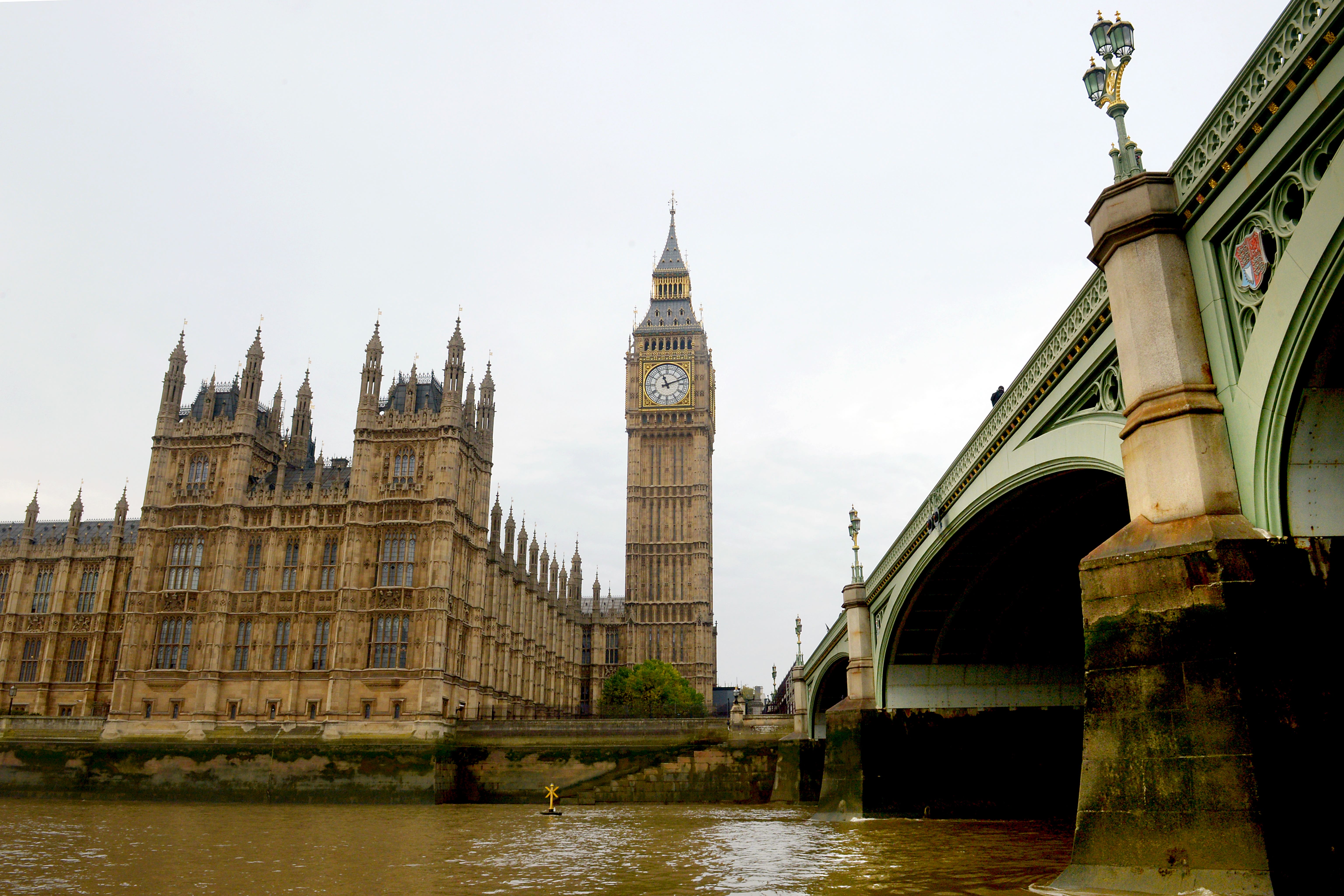Use randomly selected ‘citizens panels’ to help fight populism, says think tank
Demos has urged greater public participation in policy making, including through citizens assemblies.

Your support helps us to tell the story
From reproductive rights to climate change to Big Tech, The Independent is on the ground when the story is developing. Whether it's investigating the financials of Elon Musk's pro-Trump PAC or producing our latest documentary, 'The A Word', which shines a light on the American women fighting for reproductive rights, we know how important it is to parse out the facts from the messaging.
At such a critical moment in US history, we need reporters on the ground. Your donation allows us to keep sending journalists to speak to both sides of the story.
The Independent is trusted by Americans across the entire political spectrum. And unlike many other quality news outlets, we choose not to lock Americans out of our reporting and analysis with paywalls. We believe quality journalism should be available to everyone, paid for by those who can afford it.
Your support makes all the difference.Randomly selected “citizens panels” should help set Government policy in order to combat populism and disillusionment with politics, a think tank has said.
In a report published on Monday, cross-party think tank Demos urged the Government to “embark on a new era of public participation in policy making” as a way of restoring trust in politics.
Miriam Levin, one of the report’s authors, said: “Our political system isn’t equipped to deal with the scale of the challenges we face, nor the looming threat of populism.
“We need a new layer of participation embedded at the heart of our political system to renew our democracy.”
Ms Levin pointed to declining engagement in politics, illustrated by turnout in this year’s election falling to 59.9% – the lowest since 2001 and the third lowest since the introduction of universal suffrage in 1918 – as evidence of the need for greater public involvement.
She said: “The Prime Minister has rightly identified this as a premiership-defining test. Our Citizens’ White Paper sets out clearly how and why participation should be at the heart of his government’s efforts.
“Involving citizens in the decisions that affect their lives is not only a proven and effective way of navigating the trade-offs that have historically prevented meaningful progress being made on complex issues such as social care reform, it’s also popular among the general public.”
Among the proposals in the Demos report is the creation of “citizens panels”, made up of randomly selected, demographically representative individuals to feed into the “mission boards” that will oversee delivery of the Government’s top priorities.
The report also called for greater use of “citizens assemblies” to solve politically thorny issues such as social care, and to debate “moral questions” such as assisted dying.
These bodies, generally selected at random in a way similar to juries, are tasked with deliberating on these issues and coming up with proposals after receiving expert evidence.
Some Labour figures have previously expressed support for the idea of citizens assemblies, with the Prime Minister’s chief of staff, Sue Grey, known to be in favour of them.
Citizens assemblies have also been used in Ireland to produce proposals on a range of areas including legalising abortion and gender equality.
The proposals on abortion were approved by a referendum, but others have been defeated when put to the wider public, leading some to question the effectiveness of citizens assemblies.
But others see greater public participation as a way of expanding the range of opinions considered when making policy.
One anonymous political adviser quoted by Demos said: “Politics is very centralised. So the views that matter are quite narrow. And much of it is for the theatre of Westminster and feeding the lobby, rather than what it also needs to be about, which is actual delivery for citizens.”
A former civil servant said: “There is often quite a degree of arrogance in sort of central policymakers, be that elected politicians or civil servants, or political advisors that, ‘I know what the public are going to say about it. I’ve seen YouGov polls, I’ve sat in a couple of focus groups, I know what people say about this, I don’t need a very expensive citizens assembly or whatever … to tell me something I already know’.
“That is problematic and needs to be overcome, because it’s demonstrably not true.”